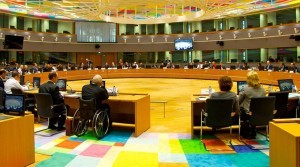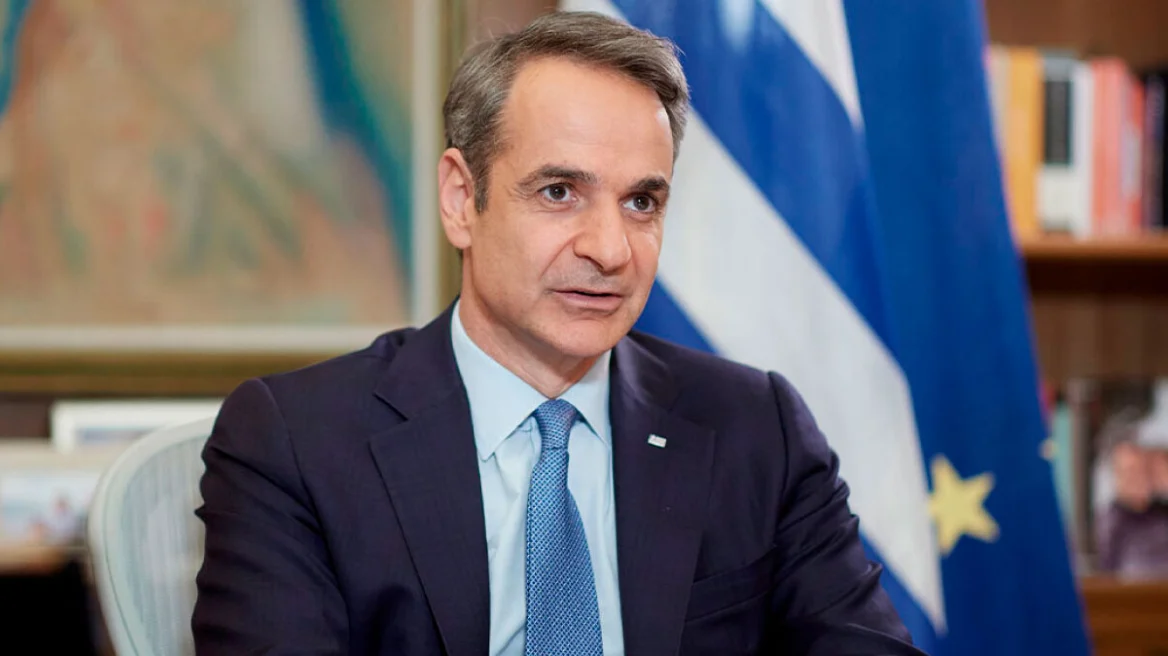The participation of the IMF in the Greek bailout program is a necessary condition for the next tranche to be released to the cash-stricken country, an anonymous Eurozone source has revealed. The official, who has inside knowledge of ongoing talks between Greece and its creditors, described in a dramatic tone the tight deadline facing Greece ahead of the crucial May 22 EuroGroup meeting. He stressed that the next tranche to Greece would be dispersed when the IMF Board of Directors had approved its debt sustainability analysis on the Greek program. Despite the gravity of the situation, the official added in a reassuring tone that Greece still had ample time to cover its financial obligations in July, reminding that Greek bonds matured in another 8 weeks. He expressed hope that the May 22 EuroGroup meeting would reach a total agreement that would include the debt. The official estimated there had been positive groundwork by at a staff level that would be the basis of talks between the Eurozone Ministers, while he underlined that the May 2016 EuroGroup deal was the foundation of talks on the Greek debt. The EuroGroup posted the official agenda of the upcoming meeting:
Agenda highlights
Greece
The Eurogroup will be informed about the preliminary agreement reached on 2 May between Greece and the institutions (the European Commission, the European Central Bank, the European Stability Mechanism and the International Monetary Fund) on a new set of policy reforms in the context of Greece’s economic adjustment programme, financed by the European Stability Mechanism.
The agreement is one of the steps towards completing the ongoing second review of the programme and paving the way for the next disbursement of financial assistance to Greece by the European Stability Mechanism.
The Eurogroup will also discuss Greece’s medium-term (from 2018 onwards) fiscal targets and the issues related to the sustainability of the country’s public debt.
Greece: the third economic adjustment programme
Economic situation in the euro area
The Eurogroup will discuss the economic situation, including inflation developments, in the euro area, against the background of the European Commission’s spring 2017 European economic forecast, published on 11 May 2017.
European economic forecast – spring 2017
Spain: 7th post-programme surveillance mission
The Eurogroup will be briefed on the main findings of the 7th post-programme surveillance mission to Spain which took place on 24-26 April 2017.
The aim of post-programme surveillance is to assess whether there is any risk that the country may not be able to repay the loans it received under the programme.
Such surveillance stops when the country has repaid at least 75% of the loan.
Spain started a financial assistance programme, supported by the European Stability Mechanism, to recapitalise its financial institutions in July 2012 and completed it successfully in 18 months.
Statement following the 7th post-programme surveillance mission to Spain, April 2017
Ask me anything
Explore related questions





